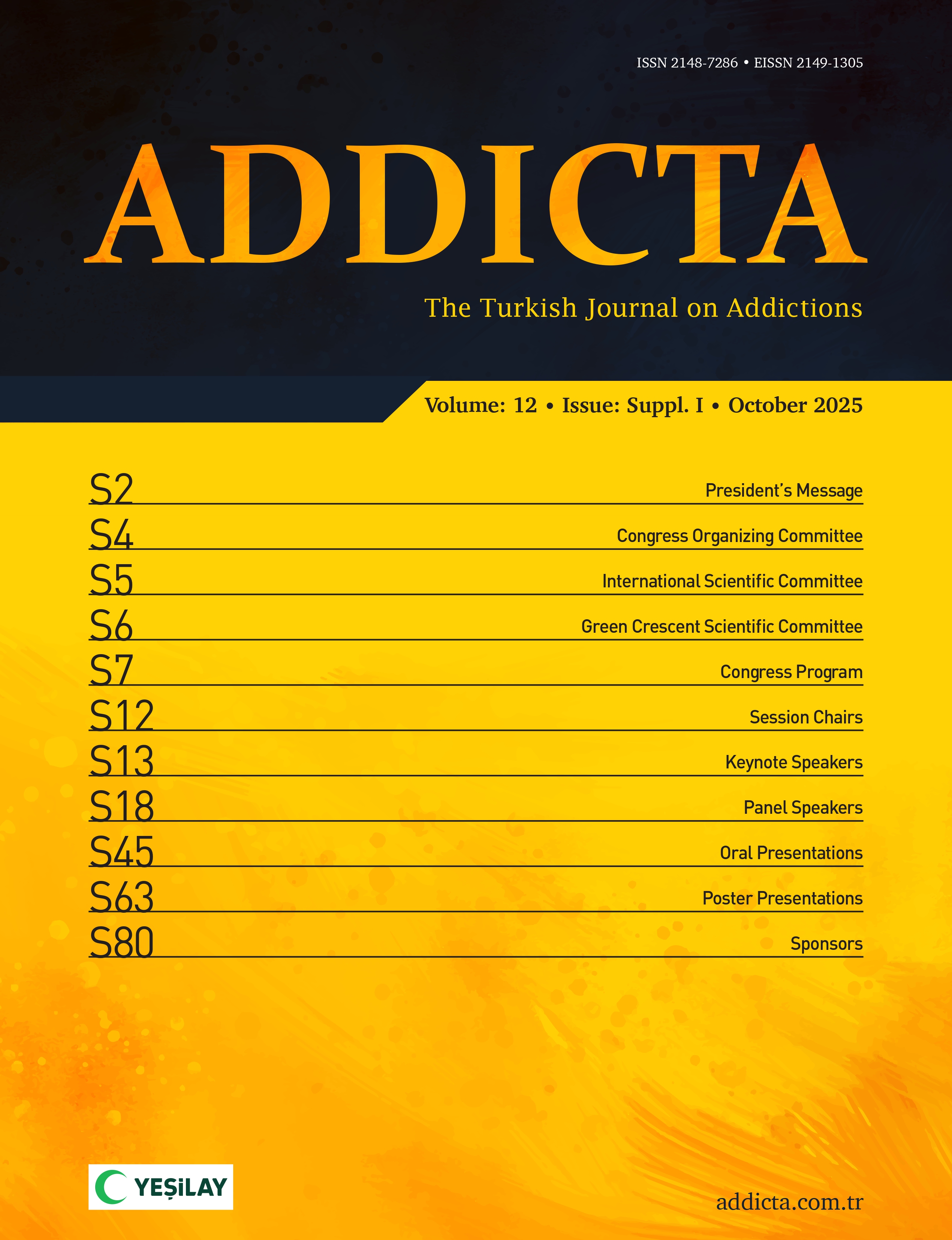Abstract: Problematic Internet use and addiction are common among Pakistani university students. Parenting is one of the contributing factors to Internet addiction. The present study is aimed at investigating the differential effects of maternal and paternal parenting styles on Internet addiction among university students and to examine age and gender differences in the study variables. Data were gathered from university students (n = 200) using the Parental Authority Questionnaire and the Internet Addiction Test. Pearson’s correlations show both maternal and paternal parenting styles are positively correlated with Internet addiction. Regression analyses show that parental authoritarianism is the strongest risk factor for Internet addiction, followed by parental permissiveness. Internet addiction increased by 64% and 62%, with one standard unit increase in the authoritarianism of mothers and fathers, respectively. Parental authoritativeness predicted a mild Internet addiction among university students. An independent sample t-test shows nonsignificant gender differences in maternal and paternal perceived parenting styles; however, boys are more addicted to the Internet than girls. Likewise, age differences in addictive Internet use were nonsignificant, but younger and older adolescents perceived their parents differently. These findings offer valuable guidelines for parents and policymakers.
Cite this article as: Zulfiqar, N., & Khan, S. (2024). Perceived parenting styles and internet addiction among Pakistani university students: Age and gender differences. Addicta: The Turkish Journal on Addictions, 11(1), 69-76.

.png)

.png)
.png)
